Killing of assassin, loss of evidence: 73 years after Liaquat Ali Khan's murder, truth remains in mystery
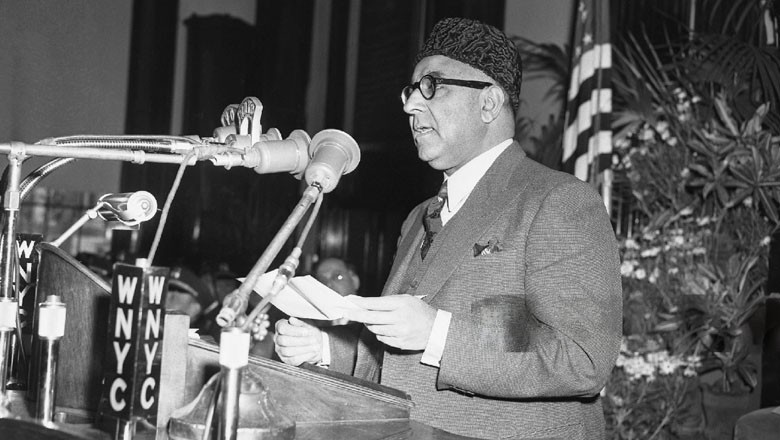
Zara Ahmed
|
16 Oct 2024
Pakistan’s first prime minister and a key figure in the partition movement, Nawabzada Liaquat Ali Khan, was assassinated during a public rally at Rawalpindi's Company Bagh on October 16, 1951, a moment that many experts believe altered the political trajectory of the nascent state.
Born in 1895 in Karnal, East Punjab, India, Liaquat Ali Khan emerged as a prominent figure in Indian politics, eventually gaining the trust of Pakistan's founder, Muhammad Ali Jinnah.
After migrating to Pakistan, he was appointed the country's first prime minister, tasked with leading the newly established nation.
Liaquat Ali Khan is credited with shaping Pakistan’s early domestic and foreign policy frameworks, but he still had much-unfinished work when he was shot at Rawalpindi's Company Bagh later named Liaquat Garden.
As with many pivotal tragedies in Pakistan’s history, the circumstances of Liaquat Ali Khan’s assassination remain shrouded in mystery.
His assassin, Said Akbar, an Afghan national, was seated in the front row with security officials and fired the shot at him.
Akbar was immediately killed by police at the scene, which became the first piece of the puzzle that deepened the mystery, as his death eliminated the chance to unravel any possible larger conspiracy.
Akbar, an Afghan fugitive who had been granted refuge in NWFP by the British government, was receiving a monthly allowance of Rs450 from the Pakistani government up until his death.
A commission, led by Federal Court Justice Muhammad Munir, was formed on October 25, 1951, to investigate the assassination. However, its findings were rejected by Liaquat Ali Khan’s widow, Begum Rana Liaquat Ali Khan, and the general public.
The mystery grew further when Inspector General of Special Police Nawabzada Aitzazuddin, who was carrying crucial files related to the Liaquat Ali Khan case, died in a plane crash near Khewra on August 26, 1952, while travelling from Karachi to Peshawar.
Amid public dissatisfaction, the government commissioned a second investigation, hiring an expert detective from Scotland Yard.
He received 10,000 British pounds for his services. On June 25, 1955, his findings concluded that the assassination was not part of a conspiracy but the result of a personal vendetta by the murderer.
Despite multiple investigations, key questions about the lack of evidence surrounding the assassination have only deepened the sense of mystery surrounding Liaquat Ali Khan’s tragic death.




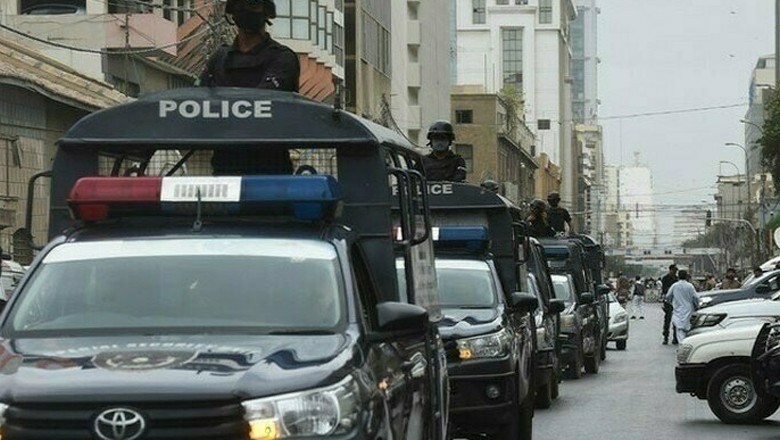
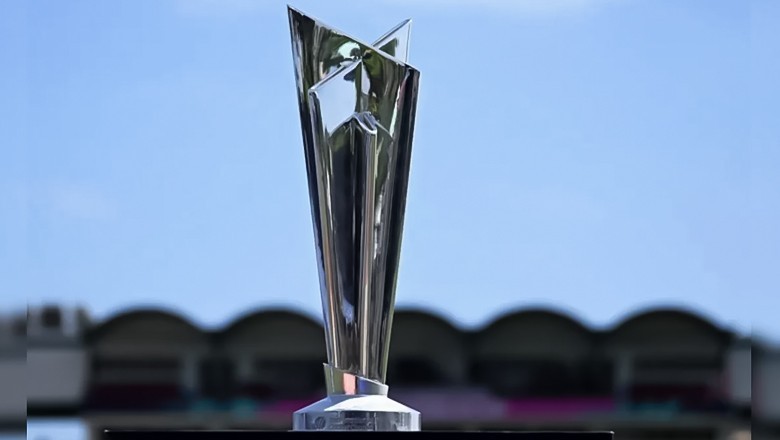



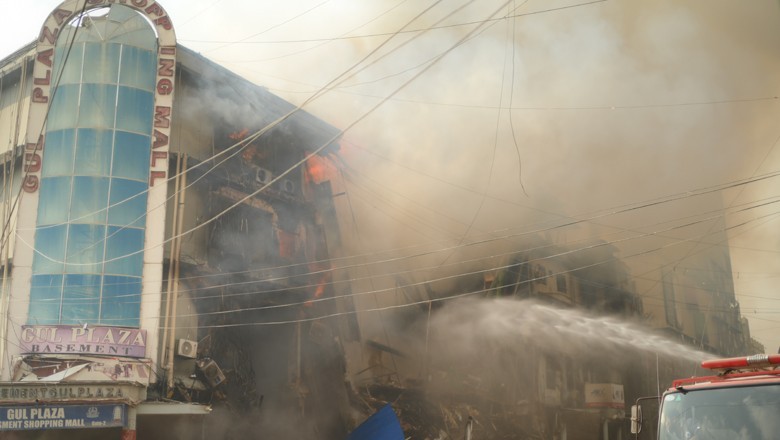
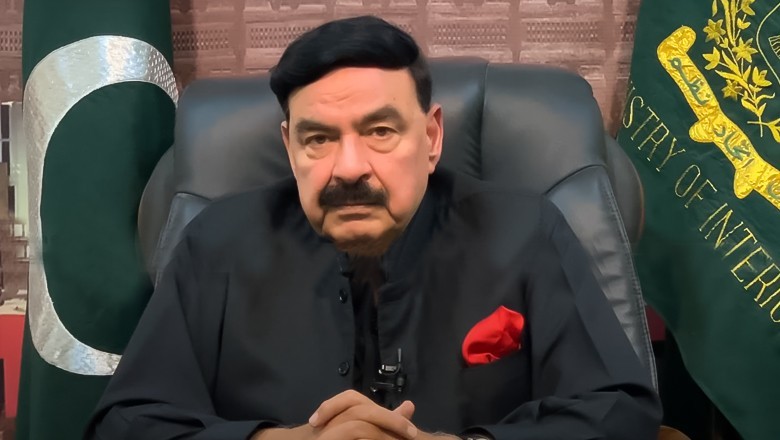

Comments
0 comment